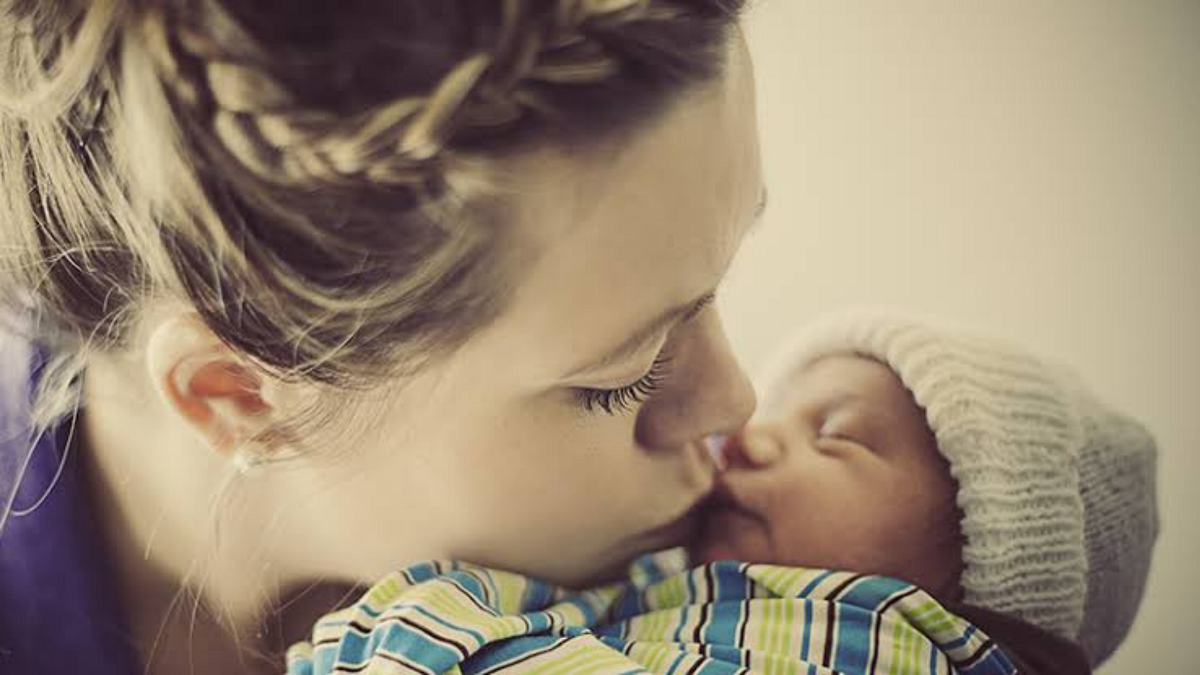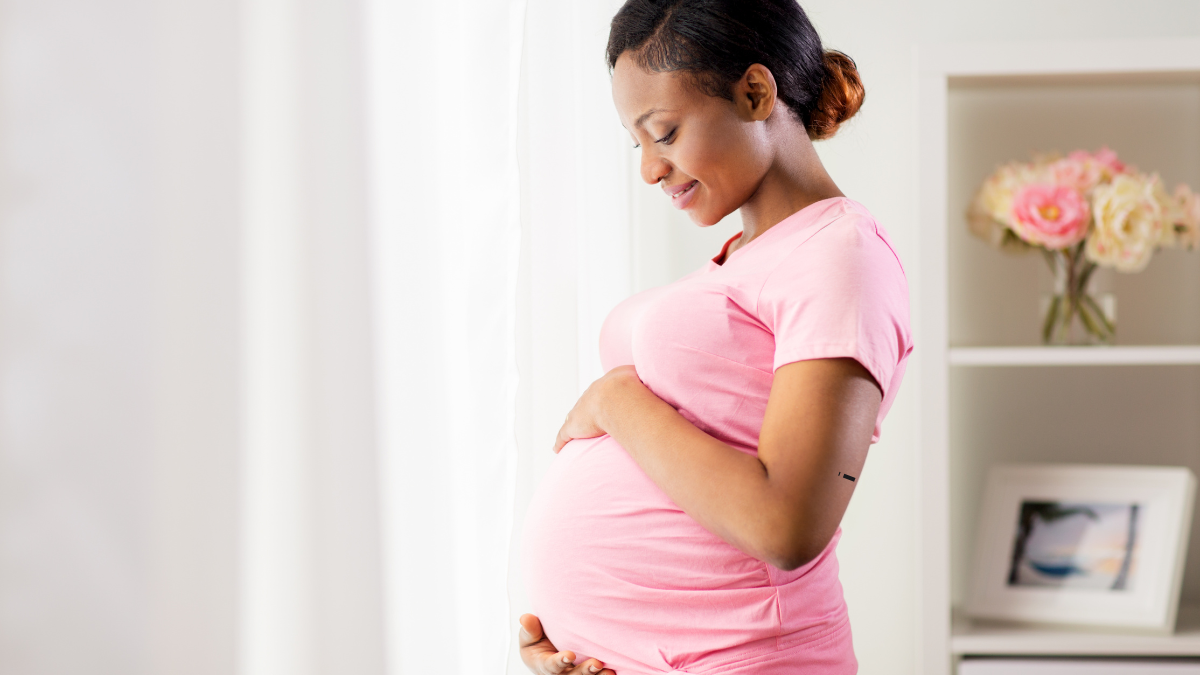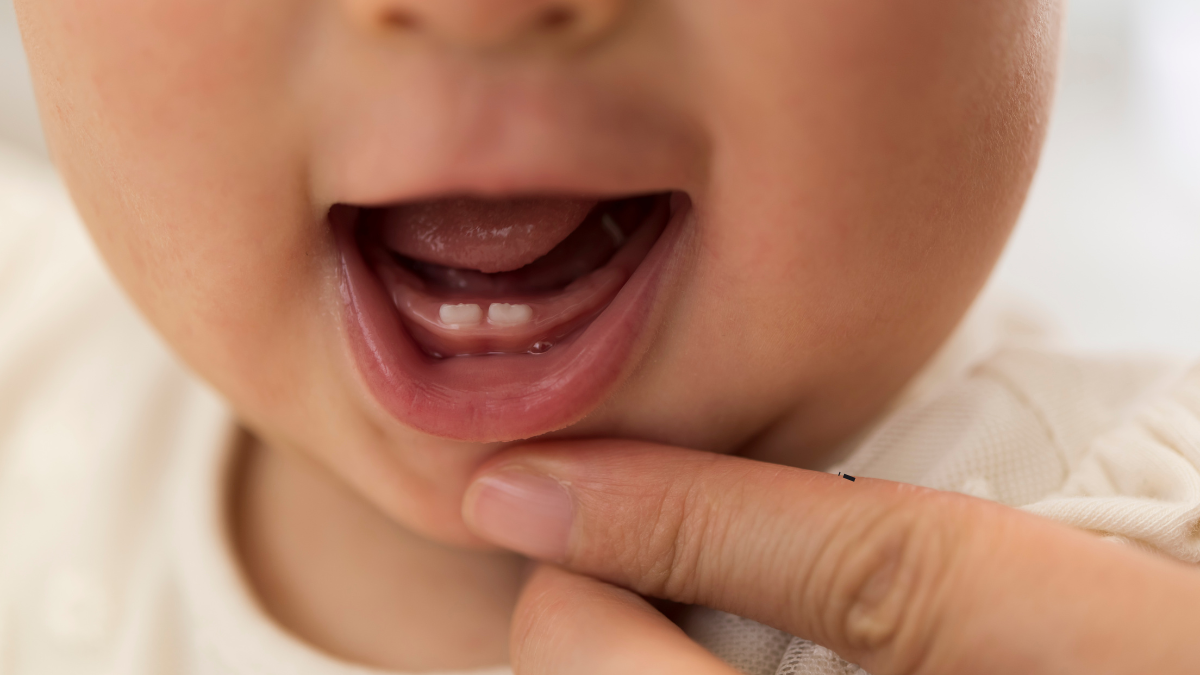Parents naturally want to keep their babies as safe as possible, even from things that seem harmless, like kissing a baby.
Many people believe that kissing a baby is a normal and endearing gesture of affection for the new little addition to the family.
While it’s true that kissing your little one feels sweet and loving, it can put your baby’s health and safety at risk in ways you might not even consider.
As professionals who work with infants and young children every day, we know how important it is to be protective of babies.
This is especially true for newborns and infants whose immune systems are not yet fully developed. In some families and cultures, kissing the baby might be seen as an act of love or blessing—even by relatives and friends who are usually careful about passing on germs.
Here are eight scary reasons why you should never allow anyone to kiss your baby.

Scary Reasons You Should Never Let Anyone Kiss Your Baby
1. Babies Are Extremely Vulnerable to Germs and Infections
Newborns and infants are particularly vulnerable to catching germs and infections.
While their immune systems develop quickly in the first few months and years of life, they don’t become as strong as those of older children and adults until babies are at least 6 months old.
This means that even a light kiss from someone with a cold can easily transfer germs, bacteria, or viruses to your baby.
Viruses that cause colds, respiratory infections, and other common illnesses can easily spread through close contact.
Even family members and friends who are careful about exposing your baby to germs might kiss your baby without considering the potential consequences.
When a loved one kisses your baby, they might be transferring cold sores, and HSV can cause fatal encephalitis (brain inflammation) in infants. In fact, 25% of babies infected with herpes-related diseases suffer long-term health problems, or even die from it.
So, even if someone doesn’t have any symptoms and appears healthy, they could still be carrying germs that could infect your baby without even realizing it. That’s why it’s better to be safe than sorry when it comes to kissing your baby.
Related: Nightmares and Night Terrors in Babies: Causes and What to Do
2. Cold Sores Are No Joke
Cold sores are a common infection that many adults and children experience at some point in their lives.
They’re caused by the herpes simplex virus (HSV), a highly contagious virus that can be easily spread through kissing and close contact.
While adults and older children don’t have much to fear from cold sores—they’re generally mild and go away on their own within a week or two—they can be much more serious for a newborn or young baby.
Even the smallest kiss on your baby’s cheek can easily transfer the virus and cause cold sores. Babies under 6 months old are at the greatest risk of developing life-threatening HSV infections, such as neonatal herpes, which almost always requires hospitalization and often leads to death.
Neonatal herpes is a severe HSV infection in newborns that can affect the skin, eyes, and, in some cases, the brain.
A baby with neonatal herpes may have blisters on their skin or in their mouth, swollen eyelids, or seizures. It’s a scary thing to think about, but it’s better to be aware and take steps to avoid it.
Related: 15 Fun Things To Do With Your New Born Baby
3. Bacteria Spread Through Kissing Can Lead to Serious Illnesses
Germs and viruses are not the only things that can be dangerous for your baby. Bacteria that cause pneumonia, sepsis, or meningitis can be fatal for newborns and babies.
Bacteria are single-celled organisms that can live in different environments, including the human body.
The mouth is a hotbed for bacteria, and they can easily spread through saliva during a kiss. Just one kiss can transfer bacteria to your baby’s delicate skin, eyes, or mouth.
The most common types of bacteria spread through kissing are streptococcus and staphylococcus. These bacteria can cause respiratory infections in babies and, in some cases, skin infections. Bacterial infections in babies can escalate quickly and require immediate medical attention.
Related:10 Healthy Meal Ideas for 9-Month-Old Babies
4. Whooping Cough (Pertussis) Risk
Whooping cough is a serious and highly contagious disease that can be fatal for infants. The bacteria that cause whooping cough is spread through coughing, sneezing, and even kissing.
It’s extremely dangerous for babies, especially those younger than 6 months, because they haven’t yet received their whooping cough vaccinations.
While it’s possible for adults and children to receive the vaccination, they might still carry the bacteria and spread it to your baby.
Anyone who has been around someone with whooping cough—whether a child or an adult in daycare—could unknowingly pass the disease to your baby. Whooping cough causes severe coughing fits that make it difficult for your baby to breathe. It can also lead to pneumonia or, in some cases, brain damage.
Before you let someone kiss your baby, it’s important to know whether they’re up to date on their whooping cough vaccination. Better safe than sorry, right?
Related: Infant Strabismus: Symptoms, Causes, and Remedies
5. Babies Are More Susceptible to Allergens
Another concern when it comes to kissing babies is the transfer of allergens. While this may not seem as serious as bacteria or viruses, it can still cause significant discomfort or even an allergic reaction in your baby, especially if they have sensitive skin or respiratory systems.
Adults who kiss babies may carry allergens like pet dander, pollen, or even food particles on their lips, which can be passed on to your baby’s skin or mouth.
Babies, especially those with a family history of allergies, are more likely to experience allergic reactions to environmental factors.
These reactions can cause swelling, difficulty breathing, and, in some cases, even anaphylaxis, a life-threatening allergic reaction. It’s better to avoid the risk than deal with the consequences.
Related: How to Treat Yeast Diaper Rash
6. Hand, Foot, and Mouth Disease Risk
Hand, foot, and mouth disease is another illness that can be easily spread through kissing. Caused by a virus called coxsackievirus, hand, foot, and mouth disease (HFMD) is a highly contagious infection that can cause painful sores in the mouth, on the hands, and on the feet.
While this is generally a mild illness in older children and adults, it can cause severe discomfort and even complications in babies.
HFMD can cause dehydration in babies because the painful sores in the mouth make it difficult for them to eat or drink.
Babies under 6 months old are especially vulnerable to developing complications. Even though you may want your baby to get affection and love from friends and family, it’s best to keep them safe from such infections.
Related: 10 Symptoms Of Egg Allergy In Babies
7. Public Places Carry Germs and Bacteria
This one might seem obvious, but it’s worth pointing out again: many people who want to kiss your baby have been out in public places where they’re more likely to have come into contact with germs and infections.
Public events, grocery stores, or even work environments expose people to bacteria and viruses they might not even know they’re carrying. That’s just another reason you should never allow people to kiss your baby.
When someone gets close to kiss your baby, they could be transferring bacteria and viruses from their hands, face, and clothes to your baby’s sensitive skin, eyes, or mouth.
This is especially true for babies under three months old, as they are less able to fight off infections. To keep your baby safe, avoid letting people get that close.
Related: What Are White Curds in Babies? Causes, Symptoms, and What to Do
8. Meningitis Risk
Meningitis is an infection of the membranes that line the brain and spinal cord. It’s a rare but potentially deadly condition that can be transmitted through kissing and other forms of close contact.
Bacterial meningitis, in particular, is one of the most severe and dangerous types of meningitis for infants. The bacteria that cause meningitis, such as Neisseria meningitidis, can be spread through saliva and cause symptoms like fever, vomiting, and a stiff neck.
Bacterial meningitis can also lead to long-term neurological damage or death if not treated immediately.
Meningitis is highly contagious, which is why it’s vital to prevent anyone who might be sick or carrying bacteria from kissing or even touching your baby. The good news is that many adults and children can be vaccinated against meningitis, which greatly reduces the risk of infection.
Conclusion
Kissing a baby might seem innocent and sweet, but it’s important to consider the real and potentially dangerous risks that come with this seemingly harmless gesture.
Babies are especially vulnerable to catching germs, viruses, and bacteria from other people. Even the most careful and loving family member or friend can unknowingly put your baby at risk of serious and even life-threatening illnesses through kissing.
Save the pin for later

- 8th Month Pregnancy Care: What To Expect, Dos And Don’ts - January 17, 2026
- 80 Beautiful Hispanic Girl Names for Your Baby - January 8, 2026
- 7 Physical Signs Your Baby Still Isn’t Ready to Come Out - November 28, 2025



